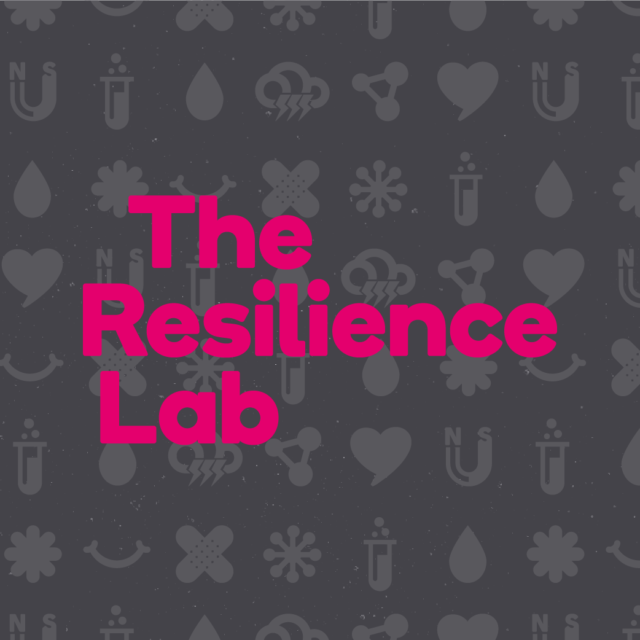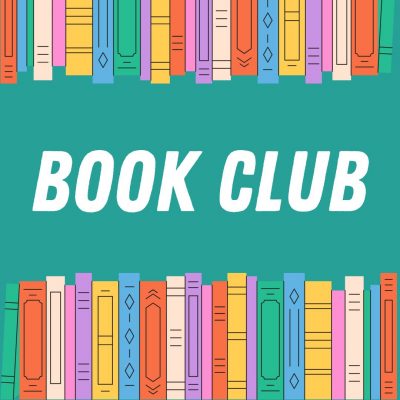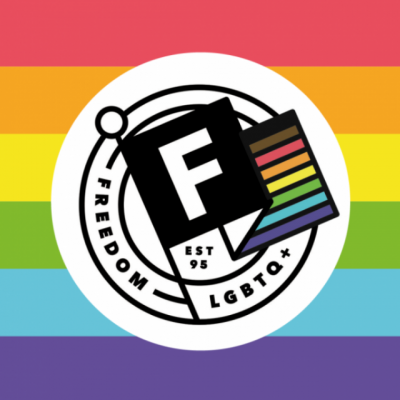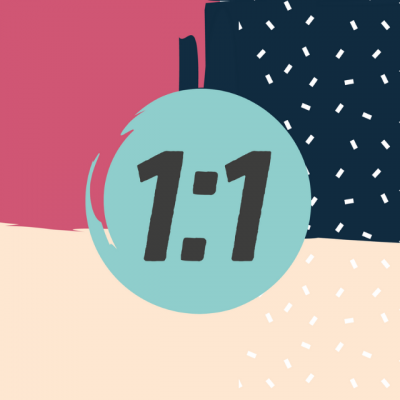Relationships can be complicated and not everyone is blessed with the kind of supportive and loving parents and family life we need to learn and thrive in life. Below are a few of the kinds of issue we see regularly here at OTR…
Family breakdown
When a family breaks up because parents decide to separate, there can be a lot to deal with. Parents may be tied up with their own emotional issues and not very supportive or available, and you may face many emotions and problems as you get used to new circumstances.
Families can also break apart because the relationship between a young person and parent/carer breaks down. This is a major factor behind youth homelessness, which can lead to all kinds of other problems.
Domestic abuse
Domestic abuse is any type of controlling, bullying, threatening or violent behaviour between people in a relationship. It isn’t just physical violence – domestic abuse includes emotional, physical, sexual, financial or psychological abuse.
Abusive behaviour can occur in any relationship and it can continue even after the relationship has ended. Both men and women can be abused or abusers.
It’s stating the obvious to say that domestic abuse can seriously harm you, whether that’s witnessing domestic abuse in your parents relationship (which is in fact a form of child abuse) or suffering domestic abuse in your own relationships.
Relationship breakdown
Relationships can have a pull on us long after they’re over. It can be difficult to accept that something that was once a really big part of your life is now becoming a memory. Likewise, unresolved issues can make it difficult to accept that the relationship has ended at all. Moving on can feel like the hardest thing.
The emotions you go through following a breakup can be similar to those you would go through following bereavement. You’re likely to experience feelings of denial, anger, emptiness, and sadness. This is all completely normal and you may even find yourself revisiting some of these emotions several times.
How someone responds to the end of a relationship is different for each of us: there’s no right or wrong way to do it. The important thing is that you give yourself the time and support you need to feel better.
Bullying
Bullying is the repetitive, intentional hurting of one person or group by another person or group, where the relationship involves an imbalance of power. It can happen face to face or online.
If you are being bullied, it is natural to wonder whether there is something wrong with you, or ask yourself the question, ‘why me?’ If you are being bullied, don’t keep it to yourself. Tell someone you trust today.
An ‘imbalance of power’ means a situation where one individual or group feels like they have power over another. This could be because there are more of them, or because they belong to a majority cultural or ethnic group. It could also be because of their physical strength or status.
Bullying behaviour can be:
- Physical (pushing, poking, kicking, hitting, biting, pinching etc.)
- Verbal (name calling, sarcasm, spreading rumours, threats, teasing, belittling).
- Emotional (isolating others, tormenting, hiding possessions, threatening gestures, ridicule, humiliation, intimidating, excluding, manipulation and coercion)
- Sexual (unwanted physical contact, inappropriate touching, abusive comments, homophobic abuse, exposure to inappropriate films etc.)
- Online /cyber (posting on social media, sharing photos, sending nasty text messages, social exclusion)
It doesn’t matter what colour hair you have; what colour your skin is; what religion you follow; what trainers you are wearing; how you speak; how you talk – it is not your fault if you get bullied.
Bullying makes you feel rubbish and it’s OK to be upset about it. The important thing is that you tell someone about it.
Healthy relationships
As we grow up, we develop relationships with lots of different people including close friends, a boyfriend or girlfriend, and groups of friends from school or where we live.
Healthy relationships are about respecting each other. But things can go wrong and people might try to use you or force you to do something you don’t want to do.
You should never feel scared, intimidated or controlled in any of the relationships you have.
Remember, in a healthy relationship, you should:
- Feel safe and respected
- Feel comfortable being yourself
- Not feel controlled by someone else
- Not feel threatened or emotionally hurt by someone else
If you are worried about an abusive relationship, you should tell an adult you trust so that they can help you.




